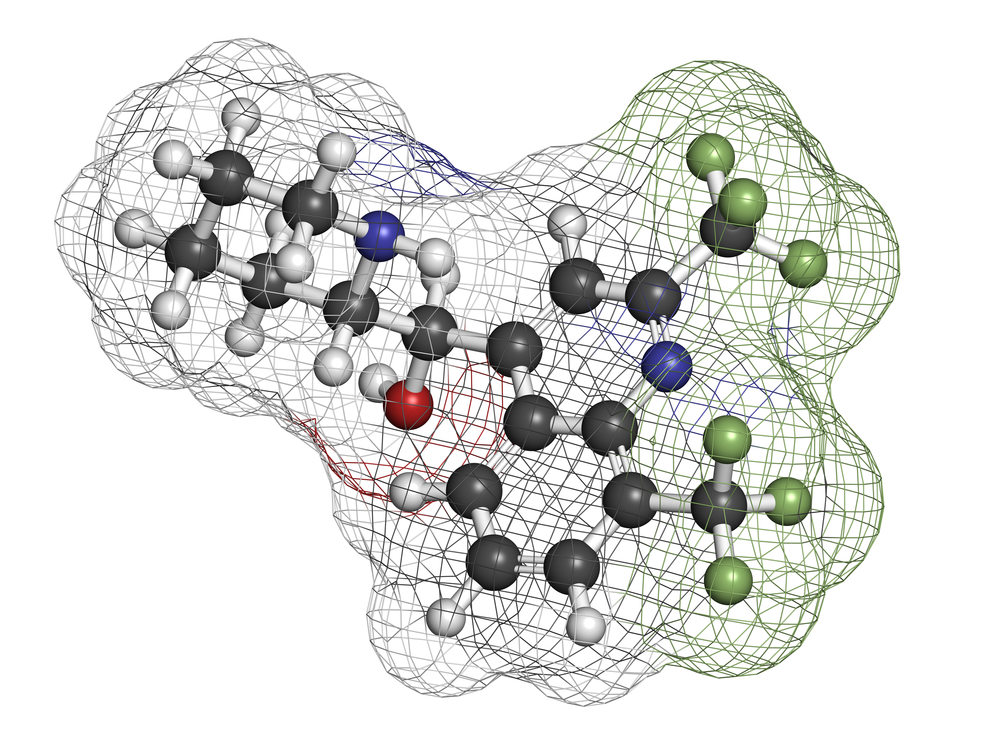
Researchers from the Liverpool School of Tropical Medicine’s Cochrane Infectious Diseases Group published two systematic reviews about the use of mefloquine to prevent malaria in travelers.
The reports drew together more than 50 studies that involved more than 1,000,000 participants, in order to help readers better under understand the drug. Maya Tickell-Painter, the papers’ lead author, noted that Mefloquine is at least as effective as other options for preventing malaria, but suffers from the stereotype of psychological side effects, which has stuck to it since the 1980s.
“There is no doubt that mefloquine does cause more sleeplessness, abnormal dreams, anxiety and depressed mood than the alternatives,” Tickell-Painter said. “But the review clarifies that these are symptoms reported by people taking mefloquine and not formal psychiatric diagnoses. Serious side effects with mefloquine seem to be rare, less than 1 percent of users, and increases in formal diagnoses of depression and psychosis have not been seen in people returning from travel in any of the large database studies.”
The hope of researchers was to break some of the taboo surrounding the drug and provide insight into its actual workings so that patients had proper comparisons between their malaria preventative options. In doing so, they also undertook systematic methods of their own to analyze case reports of deaths and attempted suicides related to the drug–and of 527 reports, they could only link one attempted suicide and two deaths to the drug. These, they noted, appeared to be atypical drug reactions, whereas the other supposed incidents either were unlikely or lacked enough information to be confirmable.




